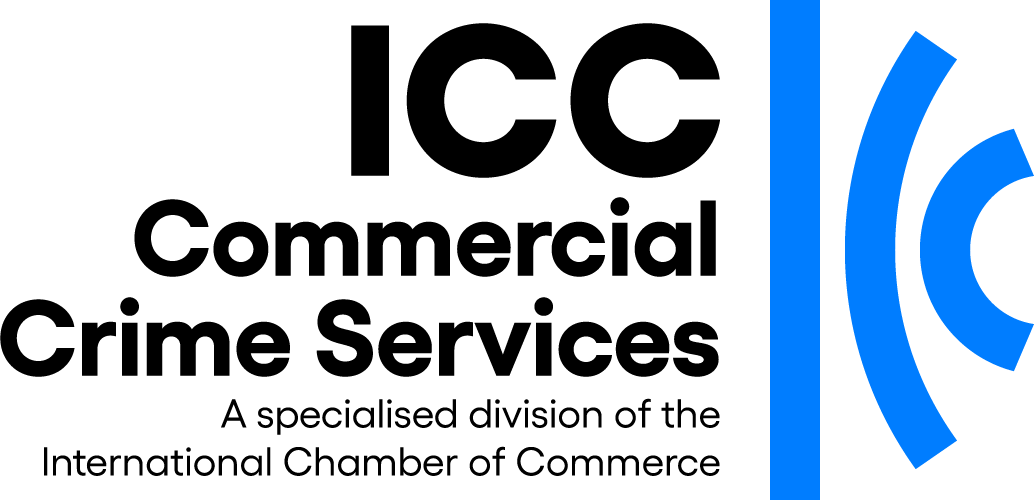
The ICC Counterfeiting Intelligence Bureau (CIB) is growing increasingly concerned about the growing market presence of fake avian flu medication.
The first and most popular antiviral drug used in the treatment of avian flu is Oseltamivir, commonly known by the trade name Tamiflu. Tamiflu is marketed worldwide by the Swiss pharmaceutical giant Roche.
The recent discovery of birds infected with avian flu at a Bernard Matthews plant in the UK drew massive press coverage and generated a great deal of public concern. With this outbreak and others in the recent past, people are becoming increasingly worried about the deadly H5N1 strain and are looking for ways to protect themselves.
Peter Lowe, CIB Assistant Director commented: “Organized criminals experienced in drug trafficking have seized upon the spike in demand for Tamiflu and are peddling counterfeit versions of the popular drug. This activity is not only illegal, but extremely dangerous to a public concerned about their personal health.”
A number of recent cases highlight the worldwide nature of this illicit drug trade problem.
In a raid last year, UK officials seized 5 000 packets of counterfeit Tamiflu, estimated to be worth £500 000. US customs also seized over four dozen shipments of fake Tamiflu in South San Francisco. British authorities have identified 18 websites selling counterfeit Tamiflu. The websites noted were based in the UK, Canada, Switzerland, Bahrain, Cyprus, Singapore and Malta.
Last September, Shanghai police broke a major fake Tamiflu drug manufacturing operation. During the raid, more than 400 kg of fake Tamiflu and 46 tons of raw materials were seized. However, the criminal group was found to have already sold more than 400 kg of counterfeit Tamiflu over the Internet.
Mr Lowe added: “A major health concern is the possibility of the avian flu virus becoming resistant to Tamiflu because of the counterfeit drugs. Counterfeiters regularly make drugs containing a small amount of the active virus. This process can “vaccinate” the virus against proper treatment. An example of this problem is already being witnessed in South-East Asia, with certain strains of malaria.”
CIB recommends that governments and law officials increase their efforts to halt the production and trading of counterfeit pharmaceuticals. The organization also recommends that individual consumers take serious precautions when purchasing medication through the Internet and not purchase any pharmaceuticals through unregulated markets.






